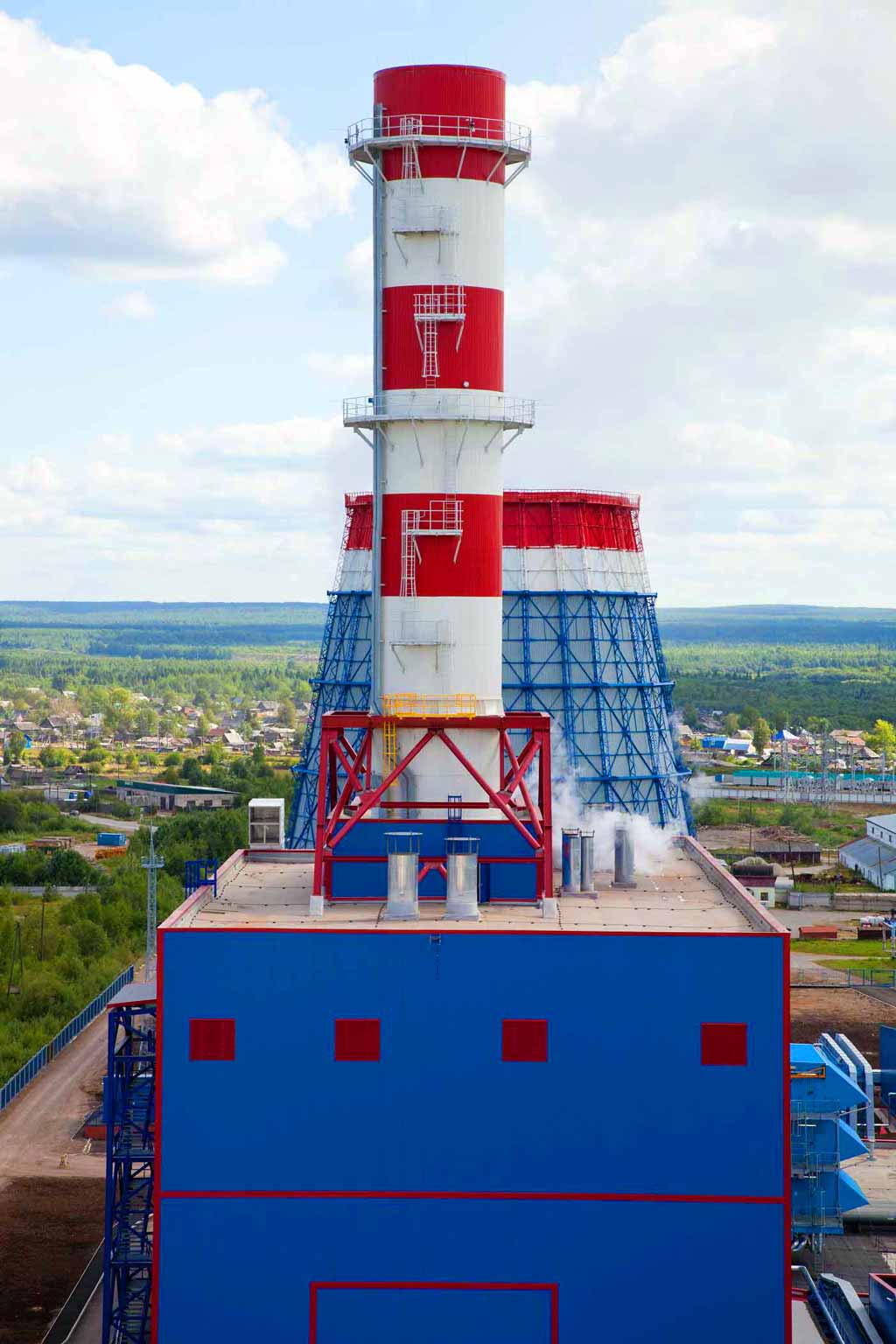Yajva CCPP Project represented a first within the “Privatization and Reform” program of the Russian Federation consisting of power plant projects with new generation capacity in excess of 24,000 MWe in total. This strategic investment for the Owner had an aggressive EPC schedule which included development and approval of the permit engineering (to meet TEO and Glavgosexpertiza requirements), in other terms, a feasibility study and full compliance with Russian standards and norms of the project’s technical designs and documents. Under these circumstances, ENKA’s project team did not have any options for rework or recovery from an error during the execution of the project. Committed to delivering the project on time, and with the highest quality, the team quickly mobilized, planned and managed this challenging initiative working closely with the Owner as a true project partner consistently responding to their concerns and preferences, as well as complying with the local norms and regulations.
Main plant equipment were manufactured according to European standards and needed approval for compliance with Russian standards and norms. ENKA established a Russian documentation team, in the early stages of the project, working closely with the Owner on applications for various certifications such as Rostechnadzor for conformity and permit to use.
Remote location of project and the climate effects on heavy transportation was also one of the major challenges, considering that the river channels to be used for equipment transport were open only between May and October. Further, the heavy equipment had to be road transported for 50 km from the unloading point to the jobsite.
ENKA with its vast work experience in the Russian Federation, prepared a transportation plan together with a local institute, in the early stage of the project, having all local authorities involved, in order to avoid any setbacks during operation.
During construction, unconventional erection methods were utilized to gain schedule advantage. For instance, majority of the HRSG building structural steel erection was completed earlier than the erection of the HRSG itself consuming more man-hours and utilization of larger size cranes, however in return provided one month gain in schedule. For any material with delayed deliveries, alternatives were investigated and second orders were placed. Flexibility in work order was applied during start-up and commissioning of facilities.
In the end, the Facility was commissioned and handed over to E.ON Russia right on the original contract schedule and price, without any claims, without any lost time incident and in full compliance with international and applicable Russian norms, standards and permits.















